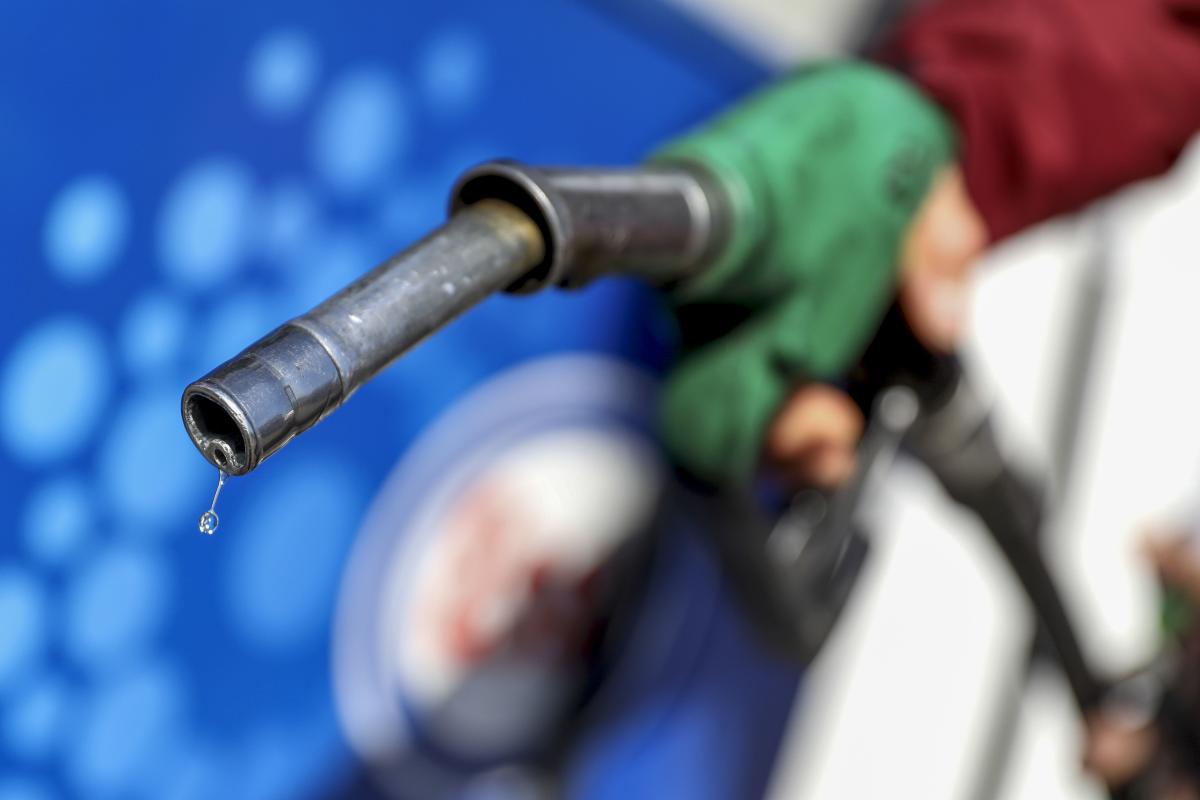
(Bloomberg) — The European Union’s executive plans to advance talks on Friday on how to rein in an unprecedented energy crisis and outline a mechanism to contain soaring natural gas prices, a controversial issue that divides member states.
Most Read from Bloomberg
Governments in the 27-nation bloc are grappling to tackle the spike in energy costs that’s fueling inflation and threatening to push the region into a recession amid reduced supplies from Russia. While EU leaders last month unanimously called on the European Commission to propose measures including a temporary “dynamic price corridor,” the details of such a tool were left unspecified and a rift over how it should be designed is deepening.
The European Commission’s energy chief, Kadri Simson, said on Wednesday that it hasn’t ruled out any measures to rein in prices. Her comments follow a meeting with member states on Monday where, according to EU diplomats, the bloc’s executive signaled a price cap on imported gas was not the most efficient tool to deal with the crisis, an assessment that was criticized by a group of nations including Italy, Poland, Greece and Belgium.
“To move the decision-making process forward, the commission will present the key elements of the price correction mechanism,” Simson said in an e-mailed statement. “This will allow us to exchange ideas with Member States and, on this basis, present the full legislative proposal on the Market Correction Mechanism. We remain committed to doing so as soon as possible.”
The outline could be shared with member states as soon as on Wednesday evening, according to EU diplomats, who asked not to be identified commenting on private talks.
While the commission earlier this year had firmly opposed a price cap, it bowed to pressure from more than a half of member states in October and included in a broader emergency package a provision that could pave a way for a temporary “dynamic market correction mechanism.” It would apply to transactions on the Dutch Title Transfer Facility, whose main index is the benchmark for all gas traded on the continent.
Yet the details were scarce: Such a tool would be a last-resort emergency intervention in spot prices and the maximum price would have ensure security of supply. It would require a separate regulation, to be proposed by the commission at a later stage. There was also a set of criteria that the mechanism would have to meet, including no negative impact on security of supply and the functioning of the energy derivatives market.
Still, supporters of a price cap saw that as compatible with their demands for a price cap on TTF and were calling for a detailed regulatory proposal. But the meeting with the commission on Monday highlighted the differences in the interpretation of how to limit gas prices: nations including Germany, Netherlands and Denmark were pushing for a cautious approach in market intervention.
The details of the market correction mechanism to be presented on Friday will be a key factor in shaping the European response to the crisis. Some countries supporting a price cap are threatening that without a regulatory proposal on a price cap they will block a deal on the emergency package, which also includes measures to jointly buy gas and to limit volatility in energy derivatives. Ministers are due to meet on Nov. 24 to try iron out a deal on the proposal.
(Updates with timeline in the fifth paragraph.)
Most Read from Bloomberg Businessweek
©2022 Bloomberg L.P.




